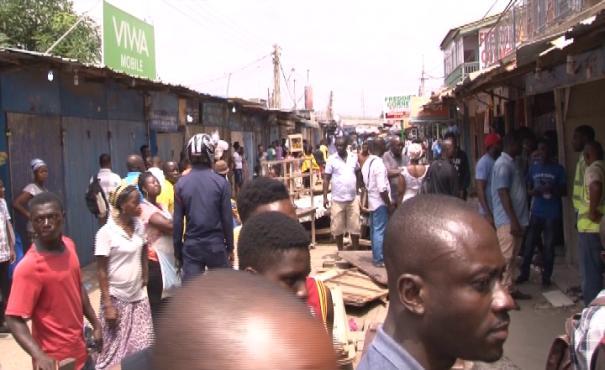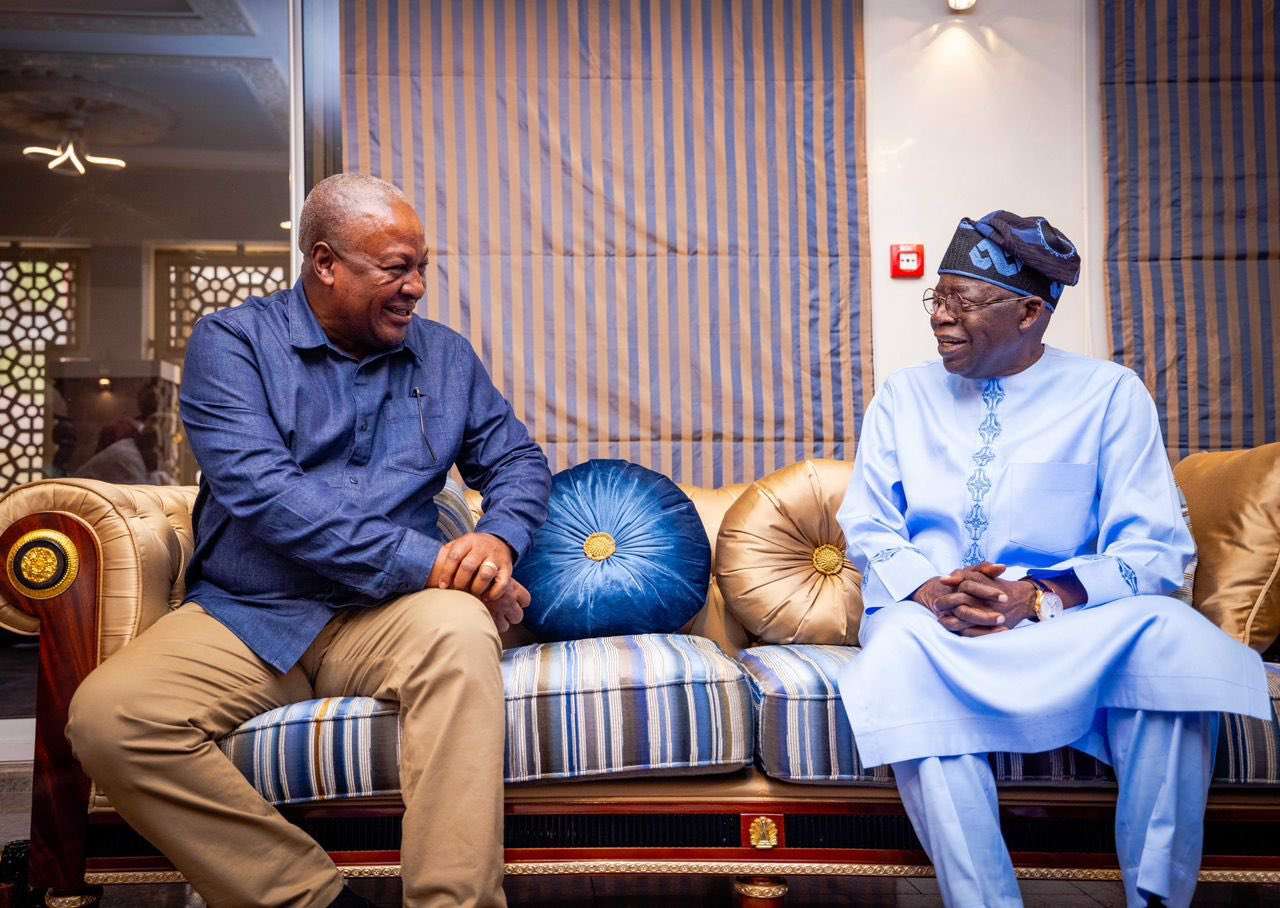The Ghanaian government has reacted to the closure of some shops owned by Nigerian traders based in the country. Nigerian traders in Ghana had rais
The Ghanaian government has reacted to the closure of some shops owned by Nigerian traders based in the country.
Nigerian traders in Ghana had raised the alarm over the closure of their shops. Chukwuemeka Nnaji, president of the Nigerian Traders Union in Ghana, had said shops belonging to Nigerians in Accra were locked up by Ghanaian authorities who demanded evidence of their Ghana Investment Promotion Council (GIPC) registration.
The requirement for GIPC registration is $1 million minimum foreign equity, while registration fee is 31,500 cedis. Nnaji, who said the humiliation of Nigerians in Ghana, “is getting out of hands”, called for the intervention of the Nigerian government.
But in a recent interview with Starr News, a Ghanaian publication, Boakye Boateng, head of communications in the country’s trade ministry, said it would be unfair of the Nigerian traders to complain of insensitivity. He said the traders, who have been served notice for over a year, were pardoned in December following the intervention of President Nana Akufo-Addo.
“It cannot be that we’ve been insensitive. If that is what they’re saying, I’ll be disappointed because I’ll rather say they have rather been unfair to us as a regulatory body because we have given them more time than enough to the extent even the Ghanaians thought that the ministry was not on their side or the ministry wasn’t ready to even enforce law,” Boateng said.
“So, it’s very surprising to me for them to say that we’ve not given them enough time. If you recall as far back as December last year, these shops were locked, the president intervened and we asked that the shops be re-opened because the very law that gives GUTA the right to be the sole traders in our market, that same law requires that a certain group of people are those who can go and do law enforcement and not you, so allow us to do our work.
“They complied, the shops were opened. Since then we have given them an opportunity to regularise the document and submit it to us for verification, that has not been done. Now, this exercise started from Abossey-Okai on Monday. Because we have never been to Abossey-Okai for this exercise, when we went there we did not just start locking shops. We went there, we inspected the shops and we gave them notices that in 14-days they should ensure that all their necessary documentations be complete. These people have been served notices for over a year now.”


